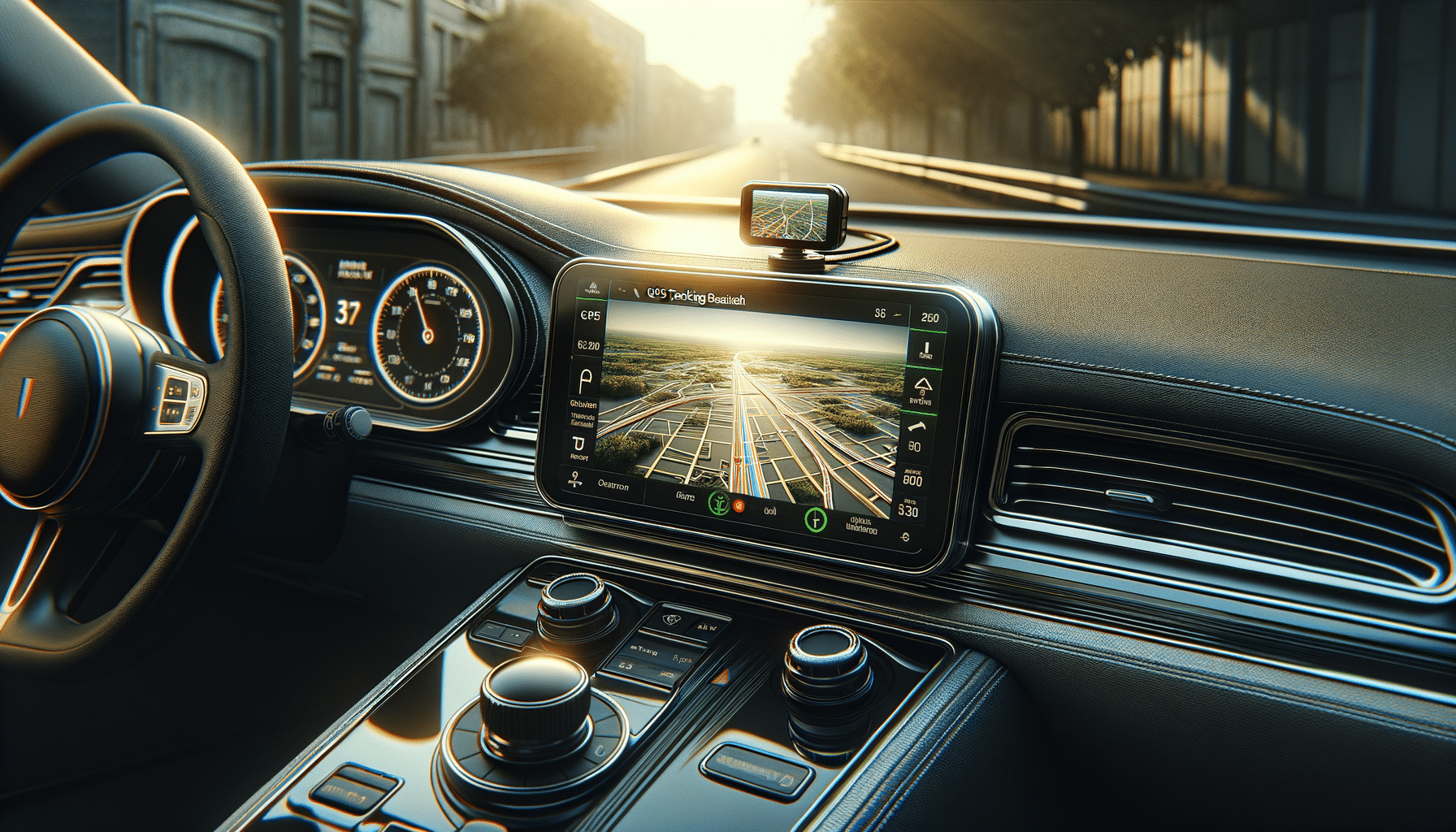
Understanding Car and Automobile GPS Tracking Devices: An Overview
Introduction to GPS Tracking Devices for Automobiles
In today’s fast-paced world, keeping track of vehicles has become more crucial than ever. Whether it’s for personal security, fleet management, or simply peace of mind, automobile GPS tracking devices have become an indispensable tool. These devices leverage satellite positioning systems to provide real-time data about a vehicle’s location and movement. Although terms like automobile GPS tracking device, GPS car tracking device, or top-rated GPS car tracking are used interchangeably, they all refer to the same technology that helps monitor and manage vehicles effectively.
Understanding the nuances of these devices can help individuals and businesses make informed decisions about their use. This article delves into the various aspects of car and automobile GPS tracking devices, offering insights into their functionality, benefits, and potential applications.
The Technology Behind GPS Tracking Devices
At the heart of any GPS car tracking device is a network of satellites orbiting the Earth. These satellites communicate with GPS receivers installed in vehicles, allowing them to calculate precise locations based on the time it takes for signals to travel from the satellites to the receiver. This data is then transmitted to a central server, where it can be accessed by users through dedicated software or mobile applications.
Modern GPS tracking devices have evolved significantly, offering features such as:
- Real-time tracking: Provides up-to-the-minute updates on a vehicle’s position.
- Geofencing: Allows users to set virtual boundaries and receive alerts if a vehicle enters or exits these zones.
- Historical data: Stores past routes and locations for analysis and reporting.
These advancements make GPS tracking devices highly effective tools for both personal and commercial use, enhancing security and operational efficiency.
Benefits of Using GPS Tracking for Vehicles
The advantages of employing GPS tracking devices in vehicles are numerous and varied, catering to both individual users and businesses. For personal vehicle owners, these devices offer enhanced security by providing the ability to locate a car in case of theft. Furthermore, they offer peace of mind to family members, knowing they can check on the whereabouts of their loved ones.
For businesses, particularly those managing fleets, the benefits are even more pronounced. Fleet managers can monitor driver behavior, optimize routes, and reduce fuel consumption, leading to increased efficiency and cost savings. Additionally, GPS tracking devices can help ensure compliance with regulations and improve customer service by providing accurate delivery times.
Overall, the integration of GPS tracking technology into vehicles has revolutionized the way we think about transportation, offering a blend of security, efficiency, and convenience.
Considerations When Choosing a GPS Tracking Device
When selecting a GPS tracking device, it’s important to consider various factors to ensure it meets your specific needs. Some key aspects to evaluate include:
- Coverage: Ensure the device offers coverage in all areas where the vehicle will be used.
- Features: Look for features that are essential for your use case, such as real-time tracking, geofencing, and historical data.
- Cost: Consider the initial purchase price as well as any ongoing subscription fees for access to tracking data.
It’s also advisable to research and compare different models and brands, reading customer reviews and seeking recommendations from trusted sources. This approach will help you select a device that is both reliable and cost-effective, providing the functionality you require.
Conclusion: The Future of GPS Tracking in Automobiles
As technology continues to advance, the capabilities of GPS tracking devices are expected to grow, offering even more sophisticated features and applications. The integration of artificial intelligence and machine learning could enhance predictive analytics, allowing users to foresee potential issues and optimize operations further.
The rise of smart cities and autonomous vehicles will also drive innovation in GPS tracking technology, making it an integral part of the transportation landscape. By staying informed about these developments, individuals and businesses can continue to leverage GPS tracking devices to their fullest potential, reaping the benefits of enhanced security and efficiency.


